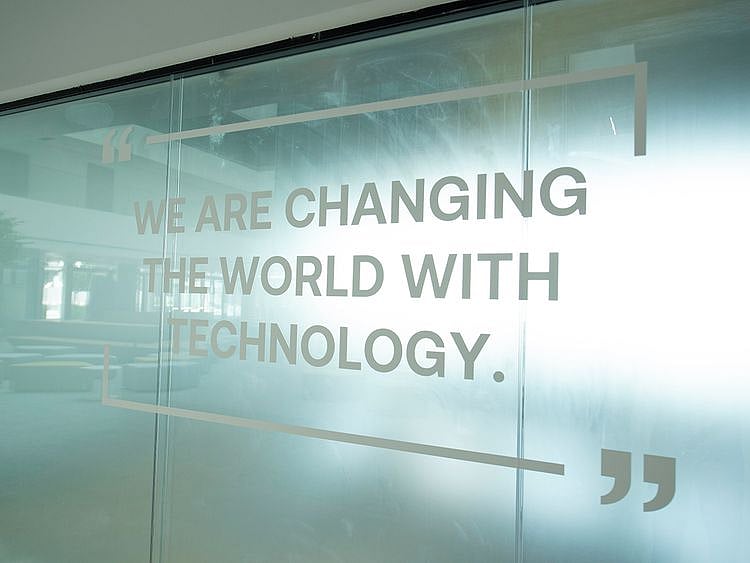As Dubai's ecommerce free zone, CommerCity will keep riding the online wave
Pandemic has reshaped consumer behaviour and industry trends, and that has helped

Despite its drastic impact on most industries across the world, the COVID-19 has been a major factor in accelerating the growth of the e-commerce market. The consumers’ preference for online shopping surged following the emergence of the pandemic, especially for food and essentials.
From $89.4 billion in 2019, the e-commerce market in the Middle East, Africa, and South Asia (MEASA) region is projected to grow at 18.4 per cent by 2022. Following the increased demand for online shopping, the logistics industry had to adapt quickly and efficiently to meet consumers’ requirements.
As one of the largest business centres in the world, Dubai managed to tackle this challenge with ease, given its logistics infrastructure that integrates advanced technologies. The logistics industry in the UAE stood out by remaining operational during the pandemic and preventing any shortage of essential supplies and equipment.
Dubai CommerCity, the first e-commerce free zone in the region, comes to the right place at the right time, providing e-commerce businesses with state-of-the-art infrastructure and e-commerce solutions that meet their requirements. With traders looking to expand their brand in the region, Dubai CommerCity offers the chance for e-commerce businesses to reach the MEASA markets seamlessly.
A ready space
Warehousing and last-mile delivery services are at the heart of Dubai CommerCity’s warehousing and logistics operations. The free zone offers a ready operational hub for the logistics, storage and movement of stock. With a dedicated logistics cluster, e-commerce businesses can have access to end-to-end warehousing services, including order management systems, streamlined customs clearance processes, and last-mile delivery services from the bonded warehouse facility directly to the consumer.
Dubai’s location and multimodal transport infrastructure also serves as a major factor for supporting the region’s supply chain and establishing Dubai’s position as the regional e-commerce and logistics hub. Dubai CommerCity is strategically located in the heart of Dubai and in close proximity to Dubai International Airport. Being at the centre of the regional trade route and close to the city’s key facilities and infrastructure permits strong connectivity and reach to serve the local market and enable fast e-commerce fulfilment across the region.
Circumvent Covid
The growth of the e-commerce industry would not be possible without having advanced logistics facilities installed in strategic locations to ensure a wide outreach and facilitate market penetration. In 2020, the pandemic had a great impact on the speed of the digital transformation of companies. The emergence of e-commerce platforms, which continued to grow to reach customers across the continents, has contributed significantly to changing the global commerce channels, which were enhanced with e-commerce.
Network Links
GN StoreDownload our app
© Al Nisr Publishing LLC 2025. All rights reserved.